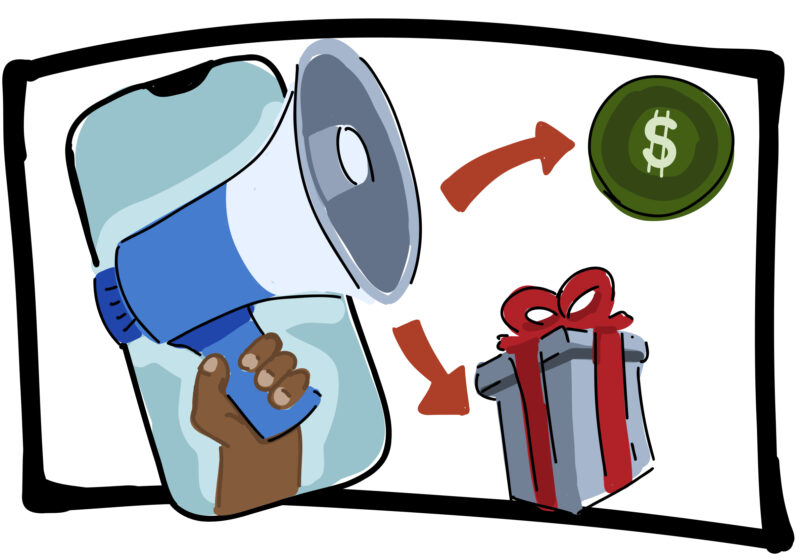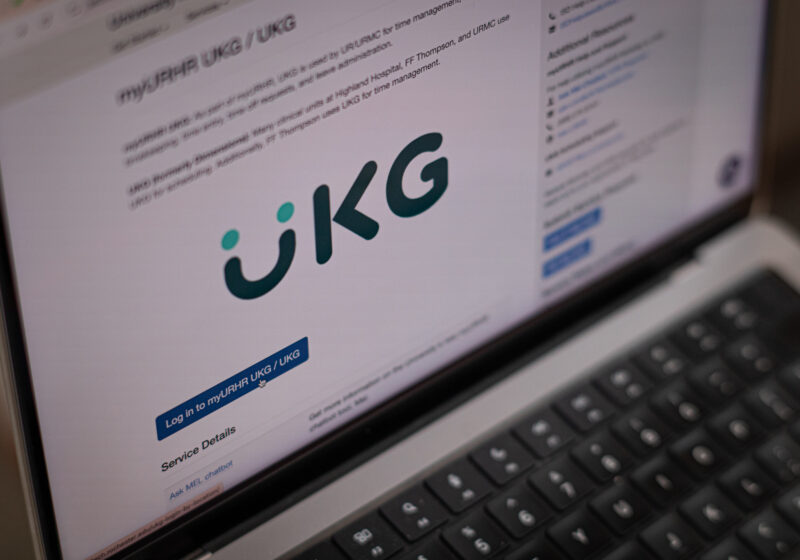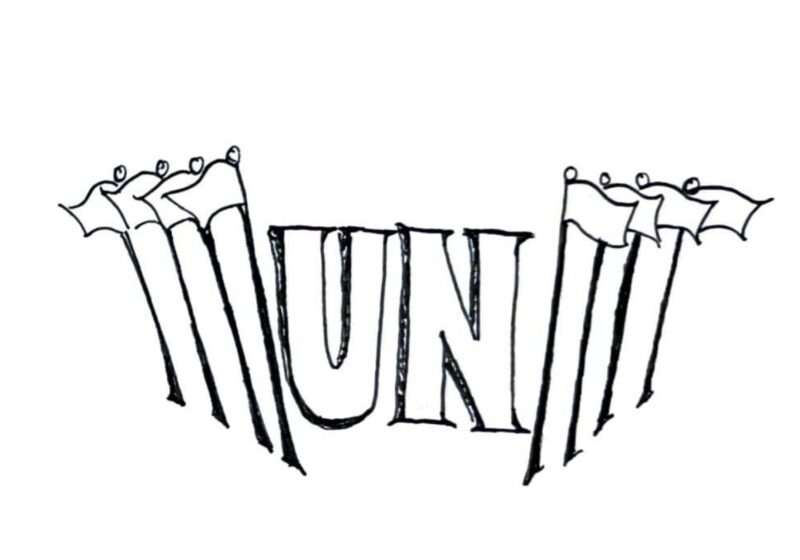I was talking to some friends the other day, and I realized just how lucky we at the UR truly are. We are at a highly ranked school, we live in a relatively secure bubble and we don’t have the problems that most adults are currently dealing with. Just down the road from here, however, on Elmwood Avenue, there is a whole house full of people who aren’t so lucky.
It took me two years at school to find myself, to find a place where I could make a difference, be comfortable and constantly be happy. I, like many other students here, struggled in my first two years here to establish myself on campus and in the community. But the Oatka Satellite House provided me with a purpose, a direction and a place to go whenever I felt lost.
The Oatka Satellite House is a halfway house for ten teenaged boys. The boys range in age from 12 to 16. They live in the house because they have all been convicted of a crime and served time in a juvenile facility.
After the time spent in juvenile detention, they were released to the custody of the state and sent to the house. There, they go to Brighton High School where they are re-introduced to society through their classes and their interactions with peers. After an extended period of good behavior, they can return home.
These kids were all dealt a bad hand. Most of them grew up in poverty in a single parent home. Most of them were lured into gangs at a very young age. Each time, they joined the gang for all the wrong reasons. The kids didn’t feel safe at home and thought a gang would provide them with protection. This inevitably led to violence and a place in juvenile detention.
There are only six houses like the Oatka house in the state. The state government is slowly eliminating them because they don’t want to pay for the kids, the housing or the other expenses that come along with the program. Chances are, as more time passes, more of these houses will be eliminated. What kind of message is that sending to these kids? What kind of message is that sending to those who care about them and their well being and those who want to see them get back on their feet?
One of the kids in the house recently went looking for a job. He went into a number of local stores, including drug stores and supermarkets, and each time he was turned away. Store managers probably saw that he had been arrested or that he lived at the Oatka House and decided he wasn’t worth the risk. He is only 15 years old, and wanted a chance to make some extra money for the future — for when he gets himself out of the house and back home.
This is the message that these kids are getting. They are thinking that the state government doesn’t care. They believe that local merchants aren’t going to hire them and they will never get a real second chance. They are slowly realizing that they will never get to experience the same freedom that almost all of us do.
These kids will probably never get to go to college. And it isn’t because they aren’t smart enough. A few read at a college level. The majority of them just need some extra help to make up for the schooling that they missed and they would be ready for college. They probably will never have the opportunity, though, to be able to afford college or to stay on the right track to lead them to further their education.
The children at Oatka will get something out of life, though. They will get judged everywhere they go. They will probably become jaded and lose faith in the people that surround them. I know that I have.
When I first told my parents I was volunteering with youth offenders, they were worried. When I tell some of my friends, they scoff at the notion of helping these kids, not wanting to help “criminals.” Even some deans at this school have given me the empty smirk that so many others have when I proposed bringing the kids at Oatka to campus. These kids will continue to get stereotyped until people give them a chance.
I have been going to Oatka for two years now. It started as one trip a week with other members of Circle K — a community service organization. Now, we go up to four times a week and hold social events with the kids at least once a semester.
We have helped a couple of the boys learn to read. Hopefully, we have helped them interact with their peers and taught them that there are a lot of people who believe in them. We have become their friends and their mentors in addition to their tutors. Moreover, they have become our friends, teaching us so much about life and overcoming adversity.
But perhaps the best lesson that I have learned from my time at Oatka is that people do deserve a second chance. I just hope that this campus, and society as a whole, learn that lesson before it’s too late.
Kamins is a junior and can be reached at dkamins@campustimes.org.




